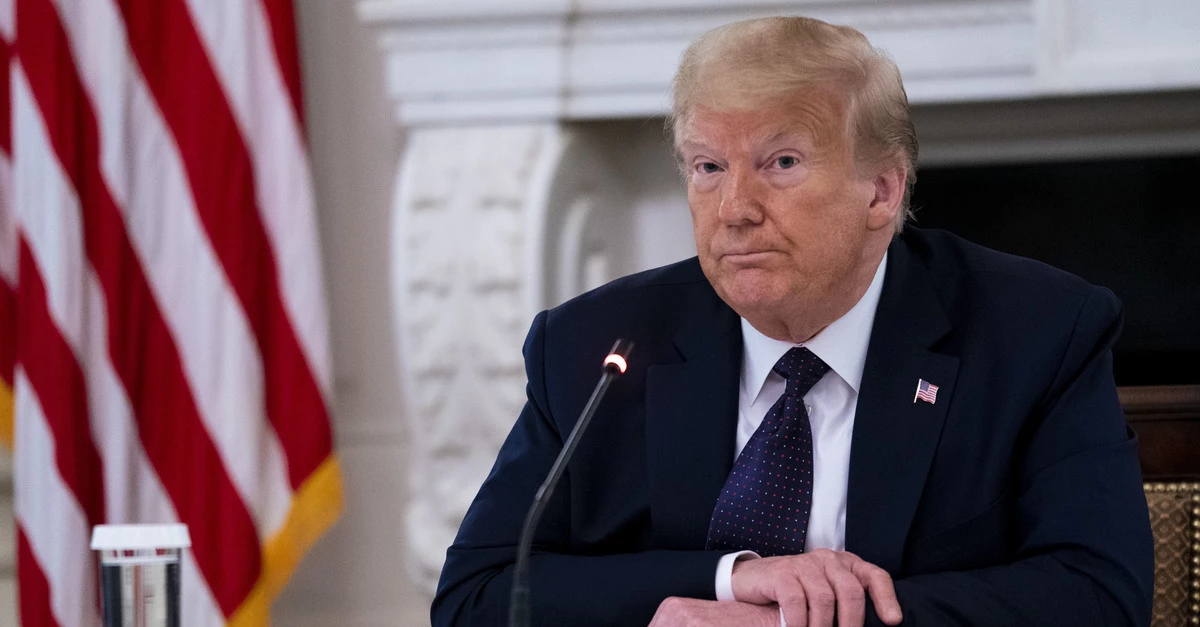In a recent legal development, a federal judge has dismissed the $475 million defamation lawsuit brought forth by former US President Donald Trump against CNN. The lawsuit was filed in a US District Court in Florida in October of the previous year, with Trump alleging that CNN’s use of the term “Big Lie” to describe his assertion of a rigged 2020 election compared him to Adolf Hitler’s methods.
The presiding judge responsible for the ruling is US District Court Judge Raag Singhal, who was appointed by Trump and is currently a leading candidate for the Republican presidential nomination in 2024. Despite his ties to the former president, Judge Singhal made an impartial decision based on the facts and applicable law.
During the court proceedings, Judge Singhal acknowledged that CNN’s statements met the publication requirement for defamation under Florida law. However, the crucial question before the court was whether these statements constituted false statements of fact or expressions of opinion. In a decisive blow to Trump’s defamation claims, the judge ruled that the statements made by CNN were expressions of opinion and not factually false, rendering them non-actionable in a defamation case.
According to reports, Trump’s defamation lawsuit argued that CNN deliberately intended to create an association between him and Adolf Hitler, one of the most reviled figures in modern history. However, despite the repugnance of the network’s statements, they were legally protected expressions of opinion and not grounds for defamation.
The legal battle between Donald Trump and major news outlets, including CNN and The New York Times, was a prominent feature of his tenure in the White House. Trump was vocal in his criticism, often branding these media outlets as “fake news” and venting his grievances against them on social media.
Apart from this defamation lawsuit, Donald Trump is facing additional legal challenges. He is scheduled to go on trial in Florida in May for charges related to mishandling top secret government documents at his Mar-a-Lago resort. Furthermore, Trump is entangled in numerous felony charges in New York regarding hush money payments to a porn star. Additionally, he is bracing for indictment in both state and federal investigations into his efforts to overturn the 2020 election, despite the overwhelming evidence supporting Joe Biden’s victory.
As this high-profile legal battle unfolds, it continues to attract attention and scrutiny from the public, media, and legal experts alike. The dismissal of the defamation lawsuit against CNN marks a significant development in Trump’s post-presidential legal challenges and may have broader implications for the boundaries of free speech and defamation law in the United States.




